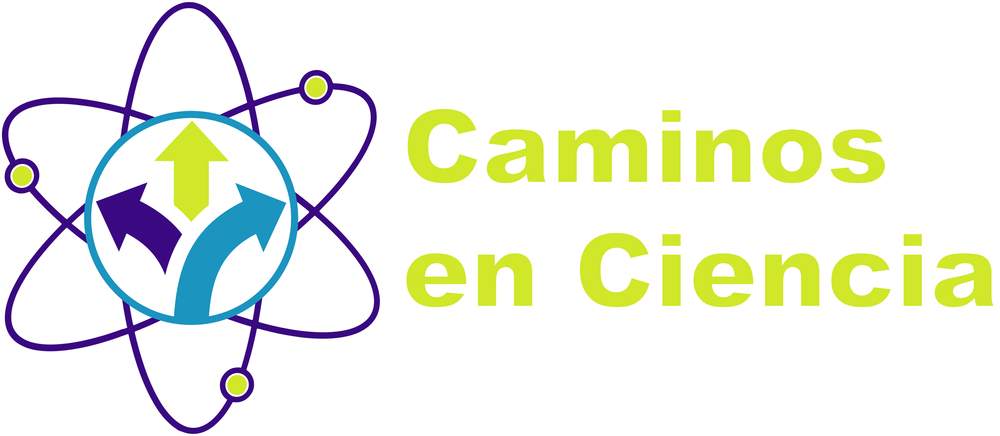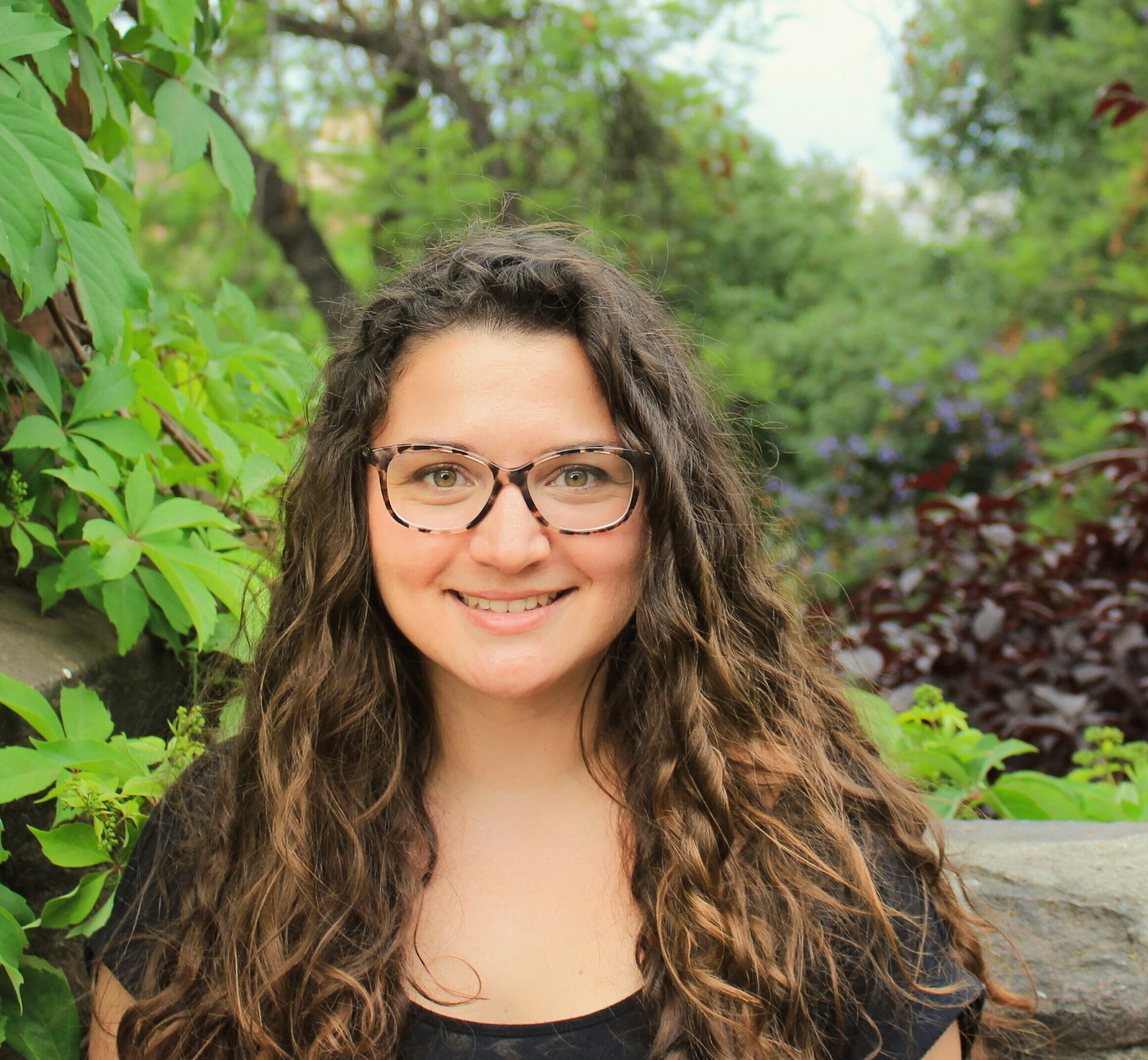Blanca Himes, PhD - Assistant Professor at the University of Pennsylvania
On the final episode for the first season of “Caminos en Ciencia” we listen to Dr. Blanca Himes who describes her path starting in Colombia to becoming an Assistant Professor at the University of Pennsylvania (Penn). Dr. Himes was born in Bogota, Colombia but spent most of her childhood in the northern city of Bucaramanga, with some short stints in the US, where her mother is from. She started college in one of the most important public schools in Colombia, the Industrial University of Santander (UIS for its Spanish acronyms); however, due to funding issues in the public system, her first semester was constantly interrupted. Because of this reason she decided to move to the United States in search of better research opportunities. As is the case for many latino-american students, Dr. Himes decided to start her career in a community college (Palomar College). There she could explore her interests in science while at the same time save money from tuition fees. She decided that studying physics would fulfill her passion to understand the laws of nature. She got accepted with scholarships at University of California San Diego (UCSD) to finish her B.S. in physics, while at UCSD she successfully balanced taking her classes, working to make ends meet, and exploring diverse research experiences (from oceanography to Imaging Magnetic Resonance). When she decided to apply for her PhD, she recalled a comment from a professor at the community college, who said: “If you were smarter you would be in MIT (Massachusetts Institute of Technology) and not just at the Palomar College”, so she applied to MIT and was accepted. The transition to study at MIT was filled of uncertainties and in many occasions “imposter syndrome” symptoms. However, she mentions that “that feeling of not belonging eventually you get over it”. This was the reason why she later became a faculty at Harvard, because she felt she earned that position. She moved to Penn four years ago as an assistant professor to lead a research group related to Asthma, and to understand better about respiratory diseases using biomedical informatics tools. Dr. Himes highlights that part of her success is to constantly reflect about who she is, what does she want, and advices the listeners to take time and reflect on their own lives. She also mentioned that for her is important to give the opportunity to early career students, and that she wants students to feel the happiness (almost like winning the lottery!) that she felt during her broad research opportunities in her trajectory.
As Colombia I can just say that Dr. Blanca Himes is a “Berraca (a person with great courage and talent)”, probably is a combination of 1) being raised in Bucaramanga (which is famous to have very courage people), 2) resilence to overcome obstacles (such the lack of money during school and wisdom on how to move through the academic world in the USA), and 3) her entrepreneurship to create her own way to success.
Follow Dr. Blanca Himes: [Twitter] @blancahimes
Check out her interview in Spanish!
Special thanks to Dr. Andrea Acevedo for summarizing our interview with Dr. Blanca Himes!
By Andrea Acevedo, PhD - Postdoctoral Researcher at Penn
From Huila, Colombia.












